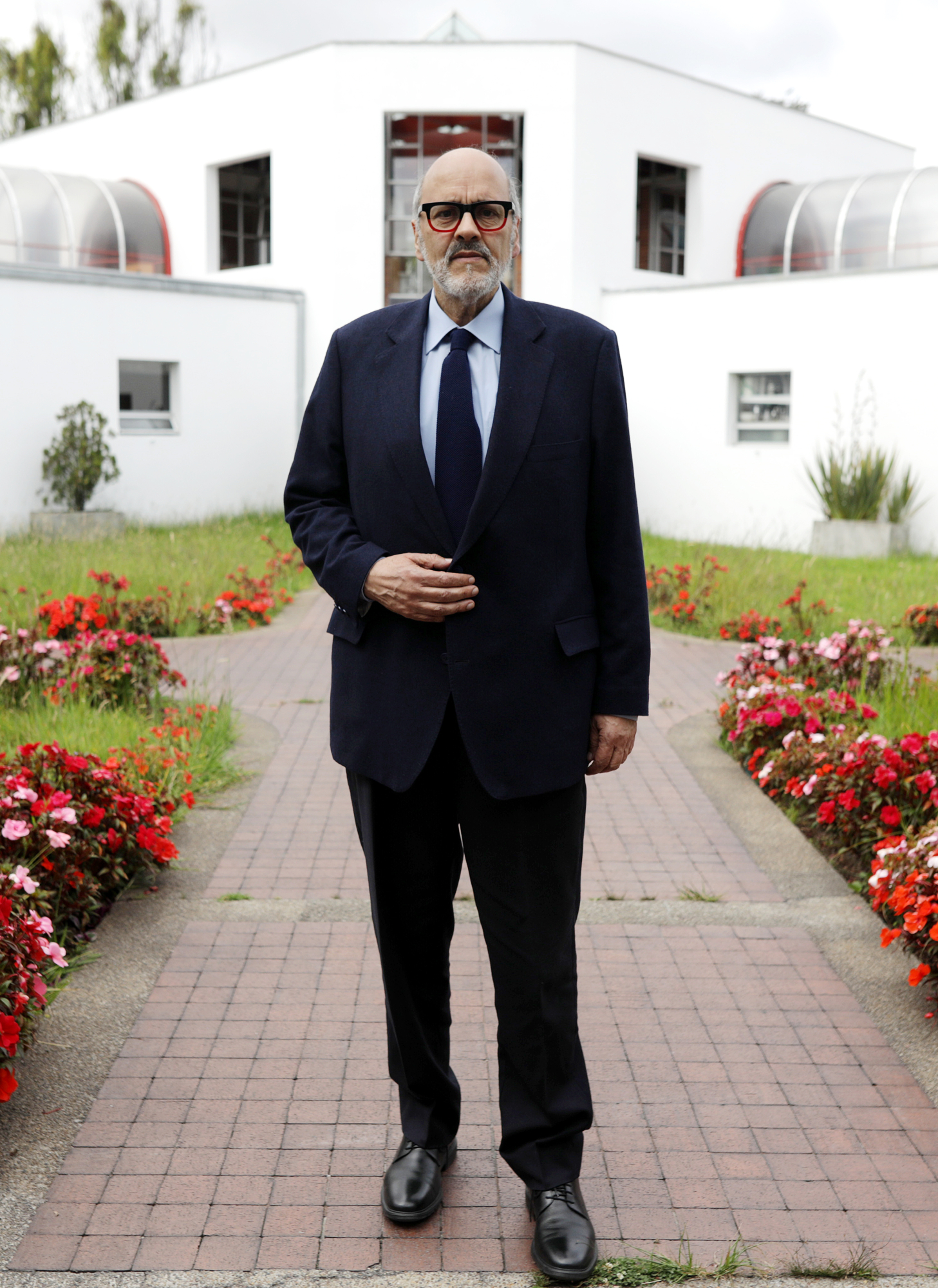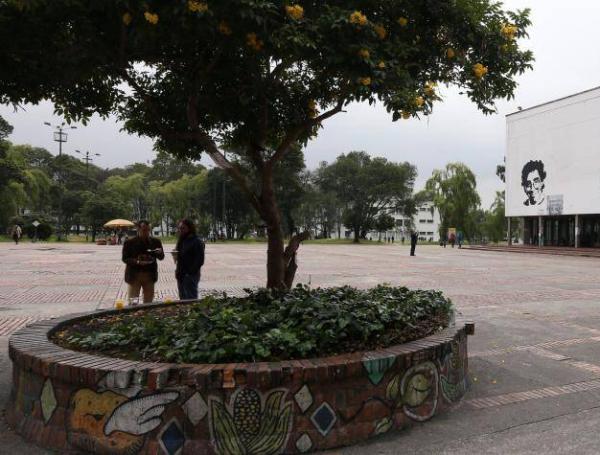National University launches constituent process: Why is the initiative causing so much controversy?

The official beginning of the university constituent assembly process at the National University is scheduled for the afternoon of Wednesday, June 19, in the León de Greiff auditorium.
The institution announced this in a statement, stating that the event will be led by Carolina Jiménez, vice-rector of the Bogotá campus, and Andrés Felipe Mora, vice-rector general of the institution.
According to Vice-Rector Jiménez, "it's a very valuable space to continue gathering proposals that the community feels supported by, and it's a turning point for activating the mechanisms for deliberation of representatives at the constituent table throughout the process, establishing university governance as the main focus."
In this way, the university's leadership intends to begin the process, which was the main campaign proposal of current rector Leopoldo Múnera, and which was approved by the University's Higher Council last March.
The university reported that the process will revolve around the discussion of five key areas: the composition, functions, and characteristics of collegiate bodies; the appointment and election of academic authorities; the forms and mechanisms of democratic participation; the strengthening of democratic political culture; and the recognition of university community organizations.

The rector of the National University, Leopoldo Múnera. Photo: César Melgarejo/El Tiempo
As Múnera explained to this newspaper at the time, the objective is " to redefine the composition of the collegiate bodies, while respecting the existing responsibilities. This involves changing the way academic authorities, such as the rector, deans, and department heads, are appointed; transforming the percentage of participation of the different levels; giving greater power to the faculty and the colleges; and expanding participation to employees and graduates, among other aspects."
What is the university constituent assembly and why is the proposal controversial? This is an initiative that, while welcomed by some sectors (in fact, it was the subject of discussion at the recent multi-agency meetings at the National University held in the wake of the strike), is also viewed with concern by other sectors, since it primarily proposes serious changes to university governance.
According to the measure's proponents, the goal is to "create a much more democratic university," enabling changes to the institution's internal statutes to guarantee greater participation mechanisms and to ensure that the university community's opinions carry more weight in the decisions of governing bodies.
All of this, according to people like Múnera himself, would be achieved by convening multi-sector assemblies at all National University campuses to develop a proposal to modify the current regulations.
Perhaps the most important, and also controversial, change in the proposal is the way the university's rector is appointed, as well as the deans of faculties and department heads.
"The idea is to create democratic mechanisms in which the opinions of the university community, students, professors, and staff, have real weight in the appointment of the rector, unlike what currently occurs," Álvaro Toro, one of the students who has participated in the various discussions, explained to this newspaper.
In other words, the aim is that, when modifying the statutes, the University Superior Council (CSU) must accept the results of the internal consultation conducted with the community as part of the rector appointment process.

National University. Photo: EL TIEMPO
Part of the disputes that have consistently arisen in the process, which have been the excuse for multiple strikes but have also served to inflame tensions in the context of the current institutional crisis at the National University, stem from the fact that the statutes clearly state that the CSU is not obligated to accept the results of the consultation, and that they are not binding. This is because it is considered that the selection of the rector should take into account more criteria than just votes, such as experience and the candidates' proposals, among others.
Thus, never before in history had the person with the most votes been appointed rector by the CSU of the National University, until the arrival of Múnera, with all the details of his appointment and taking into account that the initial designee was José Ismael Peña (a decision later annulled), and today a process is underway in the Council of State that could put him back in office.
The election of rectors by popular vote has been a subject of discussion not only at the National University but also at many other public universities. It has generally been questioned by experts and governing councils because it is believed that it would allow for the open politicization of institutions, allowing them to be taken over by political parties or groups, which would affect the academic mission of universities.
But these aren't the only changes. There are also plans to increase the number of student and faculty positions on the various university governing bodies , such as the Academic Council, faculty councils, campus councils, and, above all, the University Higher Council.
All of them could be modified in the university statutes, except for the University Superior Council. This is because the composition of the superior councils is not regulated by the statutes but by Law 30 of 1992, the law that regulates higher education in the country.
Thus, modifying the composition of the CSU and providing greater student and faculty representation at this level requires amending Law 30.
The proposal has received criticism from prominent figures in the sector, such as analyst Francisco Cajiao, who noted: “Talking about a university constituent assembly is a contradiction in terms. You can talk about co-governance, about increasing participation mechanisms. But nothing is being established here. Proposing to modify the composition of the CSU, the process for electing the rector, through a process like this could have very negative results.”
MATEO CHACÓN ORDUZ | Deputy Editor, Life - Education
eltiempo




